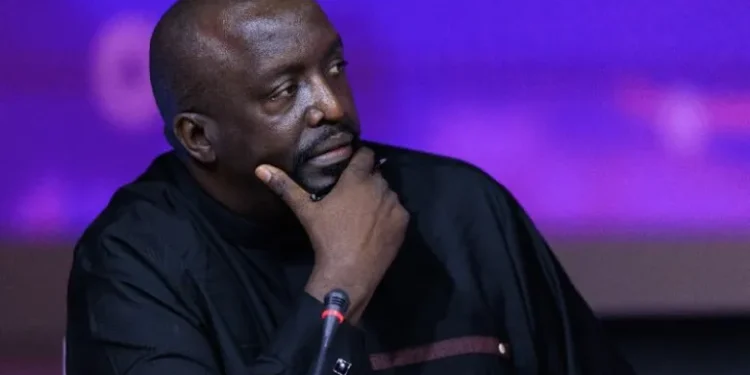Ugandan veteran journalist Allan Kasuja has urged African education institutions to urgently integrate Artificial Intelligence (AI) into their learning systems, arguing that the technology now sits at the center of global information, security, and economic transformation.
Kasuja made the remarks while appearing on the Longform Journey podcast hosted by Rwandan media personality Sanny Ntayombya.
Kasuja, who recently stepped down from the BBC after a remarkable 13-year run, used the platform to share his concerns about the rise of deepfakes—AI-generated videos, images, and audio designed to mimic real people. He noted that the rapid advancement of such tools is reshaping the information landscape, posing serious risks for societies that lack digital literacy.
“Today’s world is dealing with deepfakes at a level we’ve never seen before,” Kasuja said. “Technology can now create voices, images, and videos that look real, yet they’re completely fake. If the public doesn’t understand this, misinformation will keep spreading.”
He emphasized that the best defense against this growing threat is education. According to him, schools must teach AI as a core subject, not an optional module. Students, he argued, must learn how to detect manipulated content and differentiate between authentic information and artificially generated media.
“We need to teach AI in our schools—not as a luxury, but as a necessity,” he noted. “Students should know how to tell the difference between what is real and what is created by AI. That critical skill is essential for the next generation.”
Kasuja singled out Victoria University in Kampala as a leading example of institutions embracing the future rather than resisting it. He praised the university for integrating AI literacy into all courses, regardless of discipline, saying this approach prepares graduates for a technology-driven world.
“I must commend Victoria University. They are ahead of the game,” he said. “Every student there is introduced to AI skills regardless of their course. That’s exactly how modern education should work. They’re creating tech-savvy graduates who can thrive in a world shaped by artificial intelligence.”
Beyond media literacy, Kasuja highlighted AI as a powerful engine for wealth creation. He predicted that Africa’s next wave of billionaires will come from those who leverage artificial intelligence to build new products, services, and digital solutions.
“AI isn’t just a threat it’s the biggest opportunity of our lifetime,” he stressed. “If you’re not learning AI today, you’re preparing to be left behind tomorrow.”
Kasuja’s message on the Longform Journey podcast underscores a broader call for Africa to embrace innovation boldly and to equip its young people for a future driven by intelligent technologies rather than fear of them.





